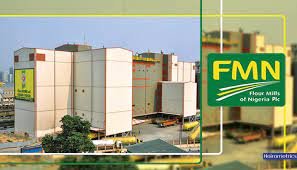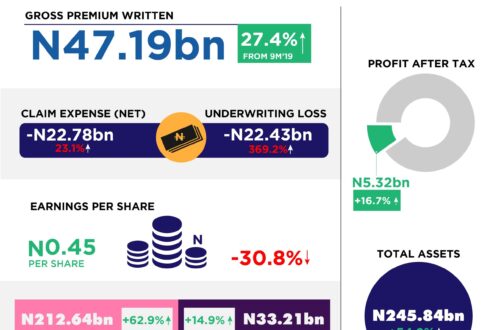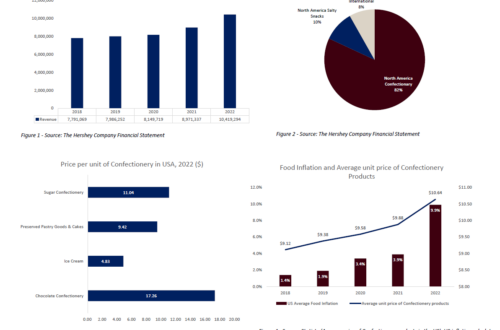
Flour Mills Nigeria Plc: Showcasing Unprecedented Progress in the Growth of Organic Sales and Profitability
Company Overview
Flour Mills of Nigeria Plc (FMN) is a leading Food and Agro-allied group in Nigeria. Established in 1960 as a limited liability company and a pioneer in wheat milling in Nigeria, FMN has grown to become one of Africa’s largest brands in the food and agro-allied industry.
In 2022, FMN reported total revenue of ₦1.16 trillion, representing a compound annual growth rate of 16.48% since 2018.
FMN’s operations are divided into four main sectors: Food, Sugar, Agro-allied, and Support services. The Food and Agro-allied sectors are the largest contributors to the company’s revenue, accounting for 64% and 18% respectively in 2022. FMN’s entry into the agricultural sector began in 1978 with the acquisition of a 10,000-hectare farm in Kaboji, Niger state.
Since its entry into the agricultural sector, FMN has invested significantly in the primary processing of locally grown crops such as soybean, palm fruit, cassava, maize, sugar cane, and sorghum. The company has also focused on the storage, aggregation, and distribution of locally sourced grains.
FMN’s product portfolio includes popular brands such as Golden Penny Pasta and Golden Penny Noodles, as well as other well-known products like Couscous, Mai Kwabo Macaroni and Spaghetti, and Auntie B Spaghetti Slim.
Industry Overview
In 2022, Flour Mills Nigeria Plc generated approximately 64% of its revenue from its Food division. The company plays a significant role in promoting food security in Nigeria through its various operations in the food industry. Flour Mills has focused on increasing operational and capital efficiency by prioritizing local content in its supply chains and supporting backward integration programs across its five key value chains: Grains, Oils & Fats, Sugar, Feeds & Proteins, and Cassava Starches.
The food industry is a significant contributor to Nigeria’s economy, accounting for approximately 30% of the country’s manufacturing sector and employing over 4 million people. In the first quarter of 2021, agriculture contributed 22.35% to Nigeria’s Gross Domestic Product. With 70.8 million hectares of agricultural land and major crops including maize, cassava, guinea corn, yam beans, millet, and rice, Nigeria is the world’s largest producer of cassava, yam, and cowpea.
Despite its importance to the economy, Nigeria’s agricultural sector faces challenges such as poor land tenure systems, low levels of irrigation farming, climate change, and land degradation. The government has implemented various initiatives and programs to address these challenges.
FMN competes with other companies in the food industry such as Honeywell Flour Mills Ltd (in which FMN holds a 76.8% stake), Dangote Flour Mills Plc, and Olam.
Please read more and download the full PDF below:





One Comment
Adejumoke Gabriel
This is a brilliant piece of work. Kudos to the Author.